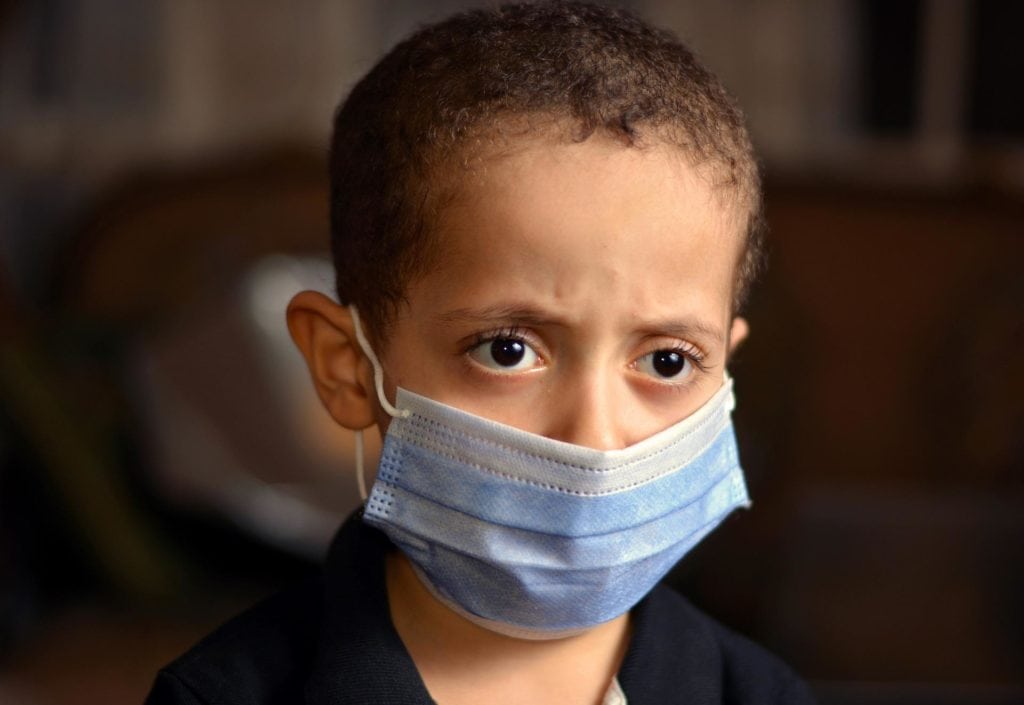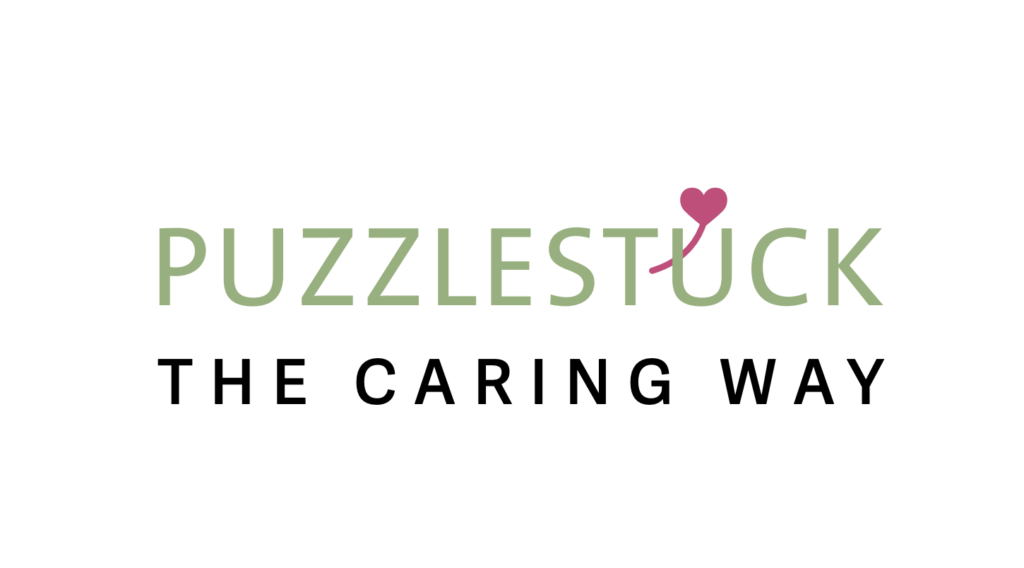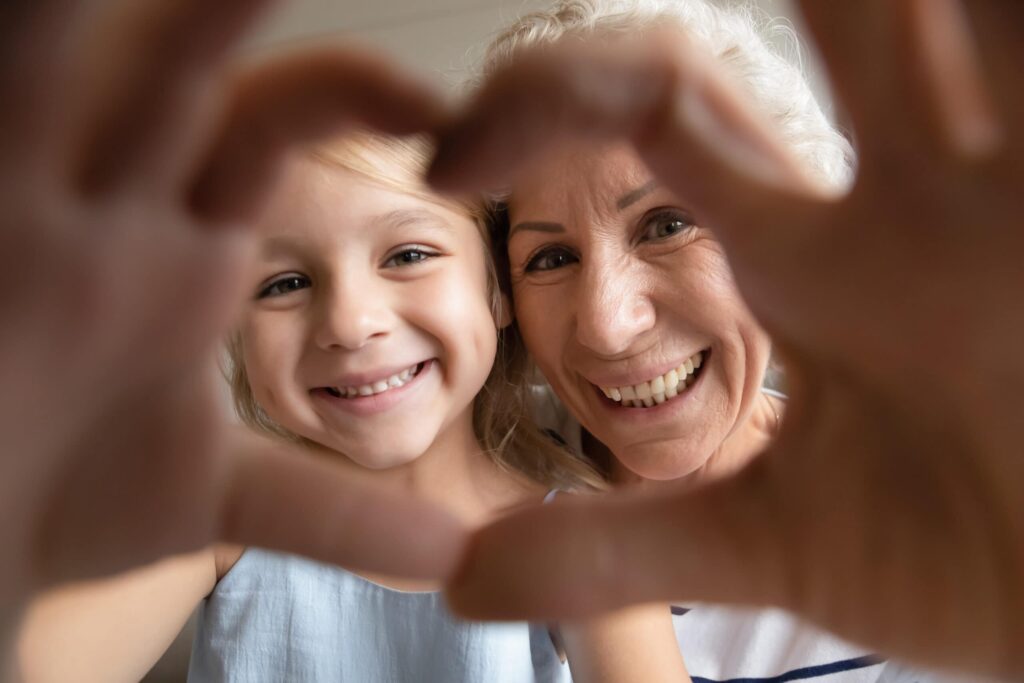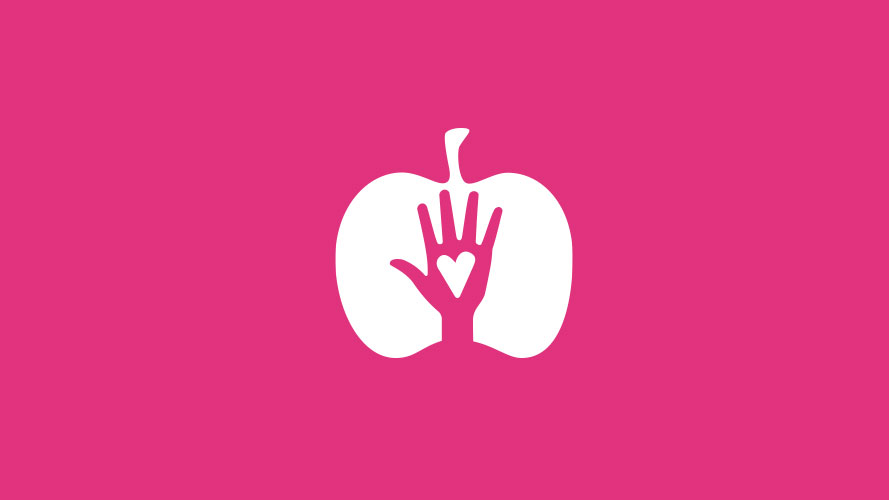Mask wearing has become commonplace around the world. Though mandates have been lifted in many places, some individuals continue to still wear a mask, particularly in indoor spaces. And with predicted waves of Covid-19 to continue into the fall and winter, there are concerns that public health authorities will reinstate mask requirements and/or travel mask mandates despite evidence that they don’t work and are harmful.
Regarding mask mandates, many take the stance that it’s better to be safe than sorry. But others have questions. Are masks really safe? Do they prevent the transmission of SARS-CoV-2? Do you need to wear one for the benefit of others? Do mandates work as they claim to?
The following is a guide for parents, teachers, medical professionals, and all people that addresses these common questions, gives guidance and encouragement to those wishing to advocate for themselves and their dependents, and outlines seven solid reasons to end mask mandates for good.
1. Masks Cause Unwanted Side Effects

In a country-wide study in Germany, people reported the following regarding mask-wearing:
- 60% reported irritability
- 53% reported headaches
- 50% reported difficulty concentrating
- 29% reported less happiness
- 44% reported reluctance to go to school
- 42% reported malaise
- 38% reported impaired learning
- 37% reported drowsiness or fatigue
Masks present difficulties to many who experience myriad discomforts when wearing them, especially for long periods of time. Some are unable to wear them at all due to skin irritations, allergies, and the understandable instinct to remove a breathing obstruction. Both the discomforts and inability to wear them are normal and to be expected from a barrier to normal, natural breathing.
The widespread adoption of masks and the social pressure to reduce the impact of the Covid-19 pandemic has caused many children and adults to feel pressured to wear them. Some people are even inclined to hide or minimize the harmful side effects they are experiencing for a variety of reasons, but it’s important to remember that the harms are real, that others are experiencing them, and that you are not putting others at risk by not wearing a mask.
2. Masks Can Cause Physical Damage
Mask-wearing is the cause of significant, life-altering medical conditions. In a peer-reviewed article in the Primary Doctor Medical Journal, some major physical dangers of mask-wearing are well-documented. The article identifies physiological changes that occur in multiple organs and systems, including:
- Brain
- Heart
- Lungs
- Kidneys
- Immune System
The study looked at the concentration of oxygen and carbon dioxide in masked airspace and found reduced oxygen and increased carbon dioxide using a calibrated carbon dioxide meter. In addition, the study looked at the effects of masking on pulmonary disease and dysfunction like hypoxia (low oxygen) and hypercapnia (too much CO2) on the organs and found that masks contributed significantly to these life-altering conditions.
A 2023 scoping review regarding CO2 exposure and the use of face masks found that wearing a mask for more than 5 minutes “bears a possible chronic exposure to carbon dioxide of 1.41% to 3.2% of the inhaled air” while fresh hair has around 0.04% CO2. The review notes that these levels far exceed levels found to indicate an increased risk of stillbirths, irreversible neuron damage and destruction, and testicular toxicity in adolescents.
Also see: Occupational Respirator Expert Proves Masks Cause Harm
3. Masks Can Cause Psychological Damage

It’s not just the physical effects of masks that are damaging, masks also cause psychological damage, particularly to children. Mask-wearing impresses upon children that other humans are a danger to them at a delicate developmental time when they should be learning trust and to build social relationships that will set them up for a healthful and happy future. Particularly concerning is that facial coverings teach children that they themselves are a danger to others.
In addition, masks significantly reduce a child’s (or adult’s) ability to recognize someone and to navigate complex social and emotional cues. Human brains are wired to recognize and respond to emotions that are uniquely displayed via facial features. A child’s early development relies heavily on the loving interactions between the invested caregiver and the child. As children age, their development continues as they learn through social interactions with their peers. Both of these tender developmental processes have been significantly interrupted by the widespread adoption of masks. Mental health conditions such as anxiety, depression, and obsessive-compulsive disorder are likely to follow.
4. Masks Don’t Work to Stop the Spread of Respiratory Viruses

Dozens of studies have revealed that masks do not work to stop the transmission of respiratory viruses. Viruses, like SARS-CoV-2, are transmitted via aerosols which can travel easily around and through surgical masks, N95s, cloth masks, and even respirators. Also, mask mandates in schools and other institutions have failed to reduce the spread of Covid-19.
5. Masks Contain Chemicals and Contaminants

Masks contain substances that are harmful to humans including lead, cadmium, antimony, formaldehyde, graphene oxide, silicon and plastic fibres, and fluorocarbons. In addition, masks are known to contain micro and nano particles which are easily inhaled and can cause damage to the lungs and other organs.
Studies of masks also reveal that masks contain contaminants (viruses, bacteria, and other pathogens) that cause illnesses including pneumonia, streptococcus, and meningitis. Masks may cause skin lesions, serious infections, mask mouth, and dental issues in addition to other reported discomforts.
According to a 2021 paper in NanoToday, there exists a “high risk” of “unexpected negative health and/or environmental problems by the incorrect use of nanotechnology” involved in masks. A 2021 review found an increase in undesirable side effects when masks were used in everyday settings.
6. Masks Harm Children

Because children are still in a delicate development phase of their growth, masks are a direct threat to their health and wellbeing. In addition to the discomforts, physiological damage, and exposure to contaminants, there is evidence that children are experiencing cognitive delays, poorer grades, and impaired speech due to mask-wearing during the Covid-19 pandemic. Children should not be compelled to wear masks by health care providers, teachers, or parents.
7. Masks are an Environmental Hazard

The Covid-19 pandemic has resulted in the use and disposal of billions of masks. The same chemicals and contaminants that are breathed in when they are worn are making their way into water supply and soils. The plastics alone could take up to 450 years to degrade. However, equally concerning is the evidence of toxins including lead, antimony, and copper leaching into the water supply.
Animals are also paying the price of excessive mask disposal. In addition to plastics and contaminants in their habitat, animals have been found stuck, strangled, entangled, or otherwise hampered by disposed masks, particularly the elastic loops. Masks have also been found inside the stomachs of sea life washed ashore.
You (and those you care for) don’t have to wear one

Given the known harms of masks, the negligible level of protection they offer, the widespread natural immunity to Covid-19 and early treatment options, it’s important to remember that you don’t have to wear one, and, most importantly, children and people with disabilities should not be compelled to wear them at any time.
Parents, children, and all people should feel free and safe to proceed with daily activities in public spaces and to end mask-wearing for good. Feel good knowing you are making a healthful decision for yourself and not putting others at risk.
Future public health recommendations should reflect all facets of wellbeing and rely on all available evidence.
Advocating for yourself and others

Many people feel pressured by mask policies implemented by governments, schools, workplaces, public health authorities, businesses, and other organizations or by friends and family members. It can be difficult to navigate conflict on the subject of mask-wearing when others sincerely believe they are effective and safe. Here are some tips and some encouragement to help you advocate for yourself and your children to go about your life free of these harmful breathing barriers:
- Stand firm knowing you are safe to be around others.
- Proceed without your mask. You may find no one will take issue with it.
- Don’t immediately put your mask on when requested. You are safe to be around others. Use the opportunity to engage in a conversation about your reasons for choosing not to wear a mask.
- Arm yourself with information. Use this guide and information from our affiliate organizations to educate others about the dangers and ineffectiveness of masking.
- Be proactive. Contact your workplace, government officials, and school before mask mandates are in play. Share this knowledge with them and let them know you and/or your children are safe to be around and do not intend to participate in mask-wearing.
- Connect with others. An increasing number of people are aware of the data on the dangers and ineffectiveness of masking. If you are aware of others, connect with them. There is strength in these connections.
- Generate a pact to not wear masks with others at your workplace or in your child’s school to minimize the feeling of being singled out.
- Do not minimize the discomfort you experience from barriers to your breathing. It is real and the effects on your physical and emotional health are significant.
- Enjoy constant, intimate, mask-free contact with your children.
- Empower others to take off masks in your presence.
- Stay safe. The best way to limit the spread of viruses is for infected people to stay home, rest, and recover.






